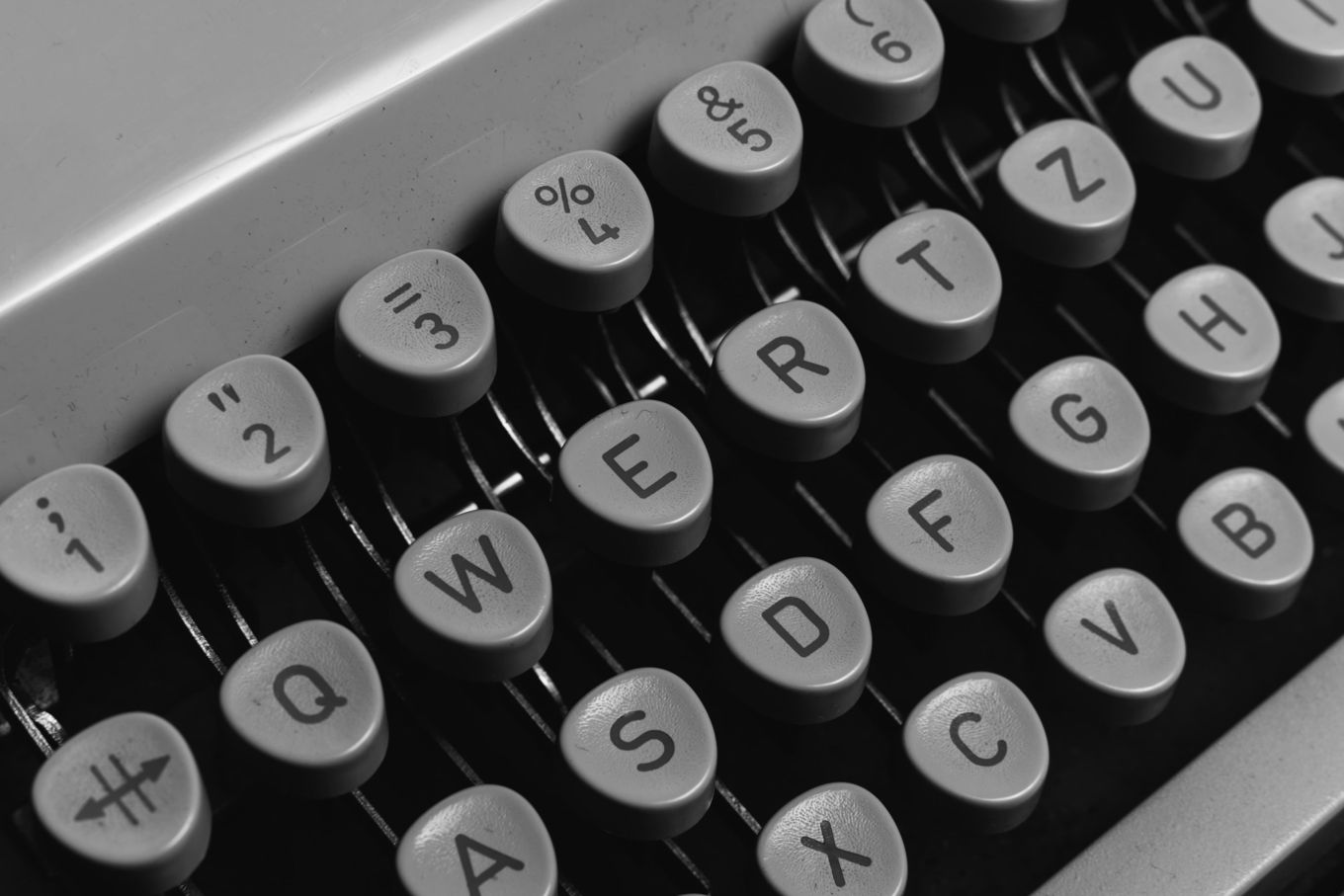How To Write a Character Profile: Build a Believable Hero in 8 Steps
Rent film gear from local filmmakers.

Rent film gear from local filmmakers.
Characters have come to play a major role in visual storytelling, and we can all agree: a carefully developed character profile is what keeps your story alive.
But how to create this profile, you would ask? Read on to discover the 8 key things on which to build your hero around in the next project!
And if you’re new to the world of film, learn the basics of filmmaking in our definitive guide.
What is a character profile?
A character profile is a breakdown of a character in your movie or series that you can refer back to when writing the screenplay.
It maps out details of your character’s life, appearance, and personality, and helps you keep the characters consistent. Giving your character an outlined bio adds depth to his story and to the whole script.
Each of your character's stories matters. Whether you're developing protagonists, antagonists, or minor characters, outlining details about their lives is imperative for building a strong storyline and ensuring that the viewers believe what they see on the screen.
If you already know who your character is and are ready to get down to mapping him out, download our free character profile template and just fill it in!

How to create a character profile
All of this sounds logical, but how to actually create a character profile, you might be wondering? How detailed does it have to be?
Although there are no strict rules when it comes to creating your character and some filmmaking experts might even go with a short bio of several sentences, there’s one thing to keep in mind.
The more time you spend on creating your hero and building their storyline as realistic as possible, the richer your story will turn out, and consequently, the higher are the chances of a successful movie created out of it.
Your characters need to be multi-dimensional and believable. First and foremost. Everything else comes after. You don’t want your audience to lose interest quickly or to struggle with making sense of the character, right?
A detailed character profile means having a consistent character whose actions, motivations, and decisions can be easily explained based on who he is. So here are 8 essential things to include in your character bio!
1. Basic details
Start off by outlining the most fundamental things that identify your hero: name, age, gender, sexual orientation, place of birth, and nationality.
You can also think about what their marital status is, where do they live and work, how much do they earn, their education level, and so on. List everything you think of as relevant.
2. Physical appearance
Here it’s quite obvious - include information about the character’s race, height, weight, hair color, and eye color.
Do they have any distinctive characteristics? Maybe, they wear glasses, have tattoos, smoke a specific type of cigar at a specific time of the day, or even have a disability?
3. Background
Your character's background describes the journey they have taken up to this point. It helps you explore his fears, weaknesses, and motivations and to define their purpose - read about these aspects of character development later in the article.
Ask yourself - where did the character grow up? What kind of family did they live in? How did it influence their adult life? How does their personality manifest itself to people around them, and does that differ from how they truly feel?

4. Personality and communication
Understanding how your hero communicates with others around him and which character traits influence that is crucial.
Extravert or introvert, emotional or indifferent, kind or aggressive - all this affects how the character comes across in his relationships.
You may even want to expand your communication brainstorming to include specific traits like speech patterns and accents, reaction patterns, psychological triggers.
5. Strengths, weaknesses, flaws
Your character should be perceived as authentic and relatable. This means that the character should have both strengths and flaws to make him appear as a human being, but also give a bit of an “out of ordinary” glow.
What is your character good at? Most stories focus on people overcoming things, and this is usually done with the help of the character’s strong sides.
Alternatively, when is your character feeling weak? Which flaws are preventing him to get what he wants? Which unfortunate traits only intensify the existing obstacles?
Remember that if your character is too simplistic, he can feel like a walking cliche. Adding flaws like overconfidence, impatience, or recklessness can add new dimensions to a hero and make him appear more relatable.
6. Fears, obstacles, and motivations
Going on with adding even more layers! Now it’s time to decide on your hero’s obstacles, fears, and motivations.
All this is very closely linked with the strengths and weaknesses, but while these are more character traits that your hero didn’t choose, fears and motivations are rather developed over time within your story.
Why the character acts the way he does, what drives his choices, what motivates him to go forward, and which external events are stopping him? How does the character fight these external barriers?

7. The goal
The overarching part of your character development is his goal. Or maybe goals - it’s also fine to give them several things to strive for!
Goals are the exact reason why people watch the show. A character without a sense of purpose will appear meaningless, flat, and hardly believable.
Whether it's Marlin finding Nemo, Elle Woods getting her degree, or Harry Potter fighting Voldemort, each hero needs something to strive for. A meaningful sense of direction.
What does your character want? What is this one big thing he’s fighting for? What justifies his decisions as the story unravels?
8. Why do we care?
And finally, the big question: why do we, as viewers, care?
Remember we talked about characters being relatable and believable? This is where the importance of these two factors comes back in.
People are always looking for heroes in the stories that they can identify themselves with - that’s how the subconscious functions.
So give them these characters, but also think about the important leads that make the audience get hooked on the character and their story and root for them as the show goes.

Up next: Learn in-depth about scriptwriting
Hope this character profile breakdown will be a golden ticket to your hero development for the next project!
Writing a character bio comes as an integral part of script development. Learn every aspect of script-writing in our complete guide and bring our storytelling to a whole new level!
What is a character profile in a film?
A character profile is a breakdown of a character in a movie or a series.
How do you write a character profile?
The easiest way to write a character profile is to use a template with all essential character bio parts broken down for filling in.
What should a character profile include?
Make your character profile as detailed as possible - include basic details, background, personality traits, strengths, weaknesses, fears, motivations, and goals.






















